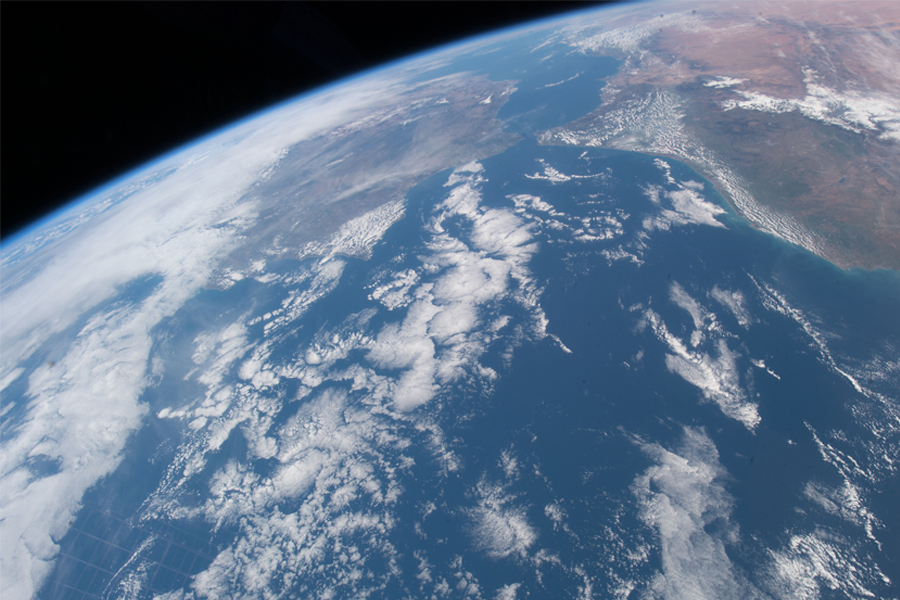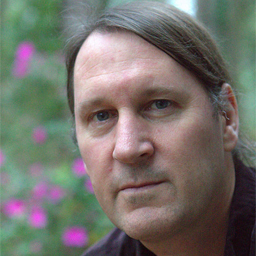
On April 22, people around the globe observe Earth Day, an opportunity to practice gratitude for the life-giving bounty of the planet and to recognize efforts to protect the environment.
Since its origins in 1970, the day has marked an occasion for people and groups to urge individual and collective action to end pollution, reduce waste and support other measures that help preserve the planet.
Florida State University Professor Andy Opel studies environmental messaging and is available to speak to reporters covering Earth Day about how messaging is crafted and how it affects social movements and public policy.

Andy Opel, professor, School of Communication, College of Communication and Information
(850) 322-3349; aopel@fsu.edu
Opel’s research interests include environmental communication campaigns and the connections between the environment, the media and consumer culture. He teaches environmental communication and documentary film production in the School of Communication. He was also a 2019-2020 Fulbright Scholar at the University of Bergen in Norway, where he led the Climate Witness Project.
“After two years of a pandemic, I am focusing my research on climate solutions. The good news is renewable energy (solar and wind) are the cheapest way to generate a kilowatt of electricity, and the cost continues the drop. The bad news is we are not making the transition fast enough, despite large majorities of voters who support renewable-energy policy initiatives. A key part of moving the policy agenda in the right direction is news media coverage of the solutions we can achieve, helping to get the public talking about how we can address the crisis and create a cleaner, more equitable society.”




